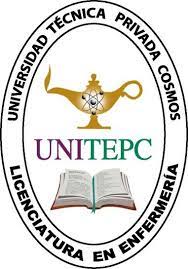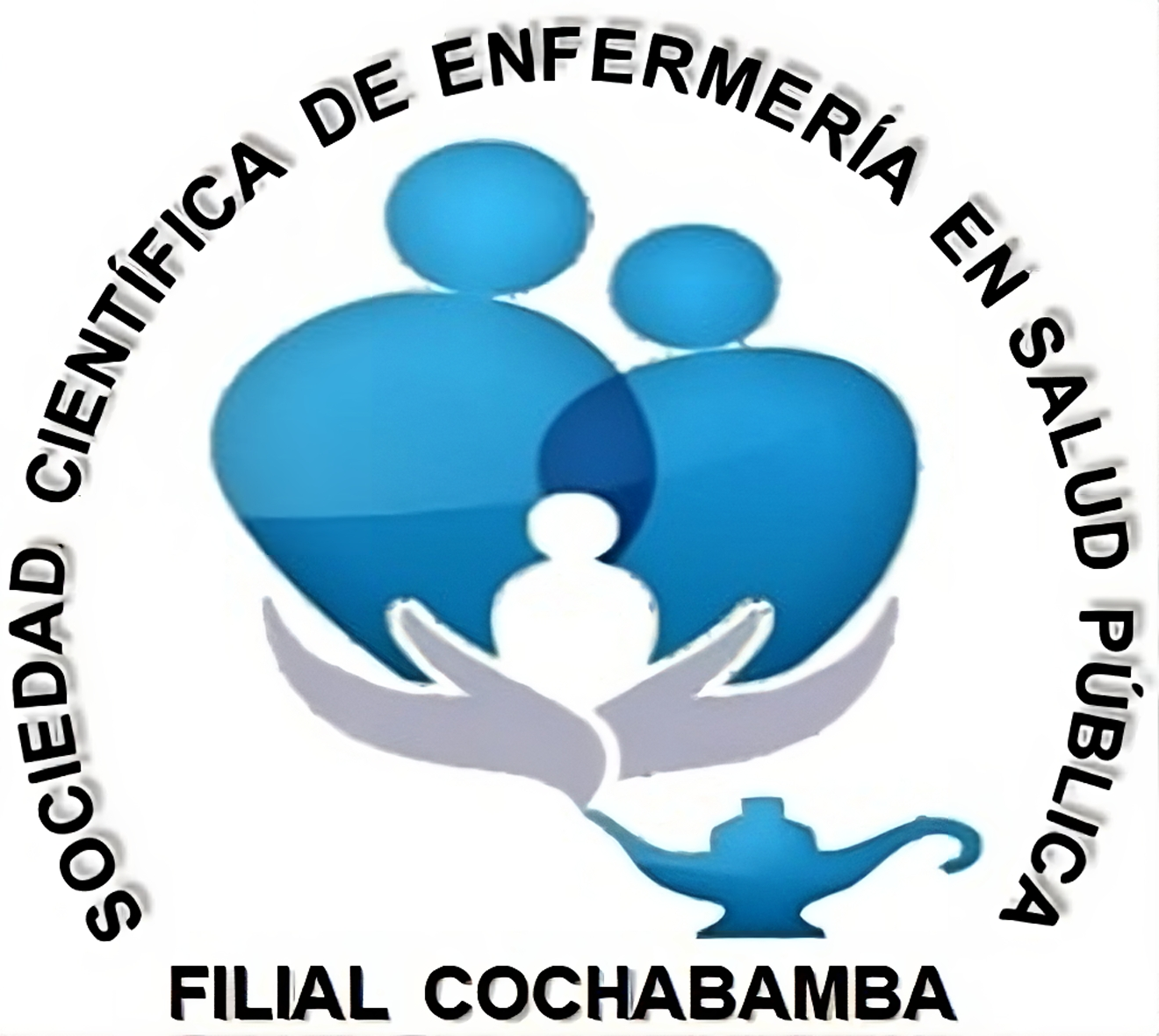Perceived Health Risks and Working Conditions of Independent Waste Collectors in Quillacollo, Cochabamba
DOI:
https://doi.org/10.36716/unitepc.v7i1.2.25Keywords:
Occupational hazards, Waste collectors, Occupational health, Personal protective equipment.Abstract
Introduction: Informal waste collectors play a key role in waste management but face precarious conditions without labor protection or recognition. They are exposed to risks such as cuts, toxic substances, and infections. In Quillacollo, they work without government support. This study analyzes their risks, protection strategies, and training needs to improve their working conditions. Methodology: A descriptive cross-sectional study was conducted in Quillacollo to identify the perceived risks of waste collectors, their protection strategies, and the impact on their health. Face-to-face surveys were applied to a convenience sample. Sociodemographic variables, occupational risks, and institutional support were also analyzed, ensuring confidentiality and informed consent in data collection. Results: The study confirms that waste collectors in Quillacollo face occupational risks affecting their health, such as injuries (31%), respiratory problems (22.4%), and infections (21.9%). Although 87.5% use protective equipment, 12.5% do not. The lack of training (76.7%) highlights the need for educational programs and better working conditions. Discussion: The study highlights the exposure of waste collectors in Quillacollo to various occupational hazards, emphasizing the importance of using protective equipment and safety training. It also underscores the need to strengthen access to healthcare services and develop public policies to improve working conditions and reduce the vulnerability of this group.
Downloads
Downloads
Published
How to Cite
Issue
Section
License

This work is licensed under a Creative Commons Attribution-NonCommercial 4.0 International License.






